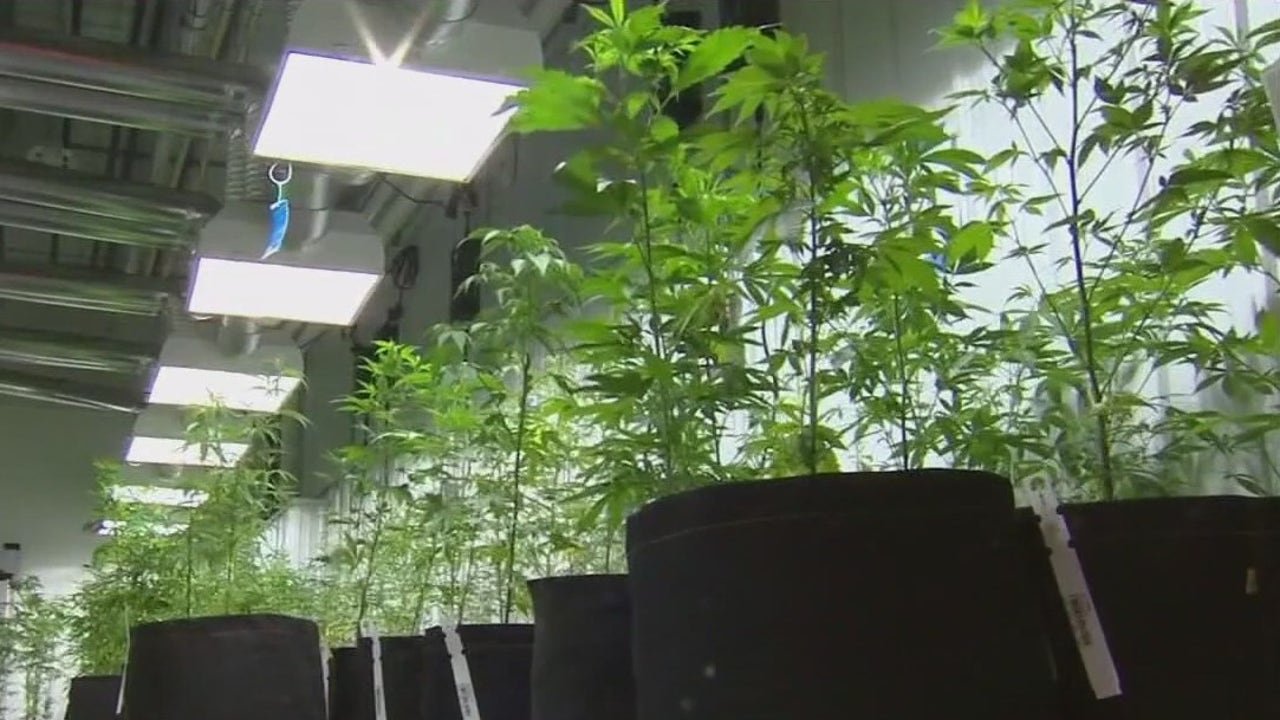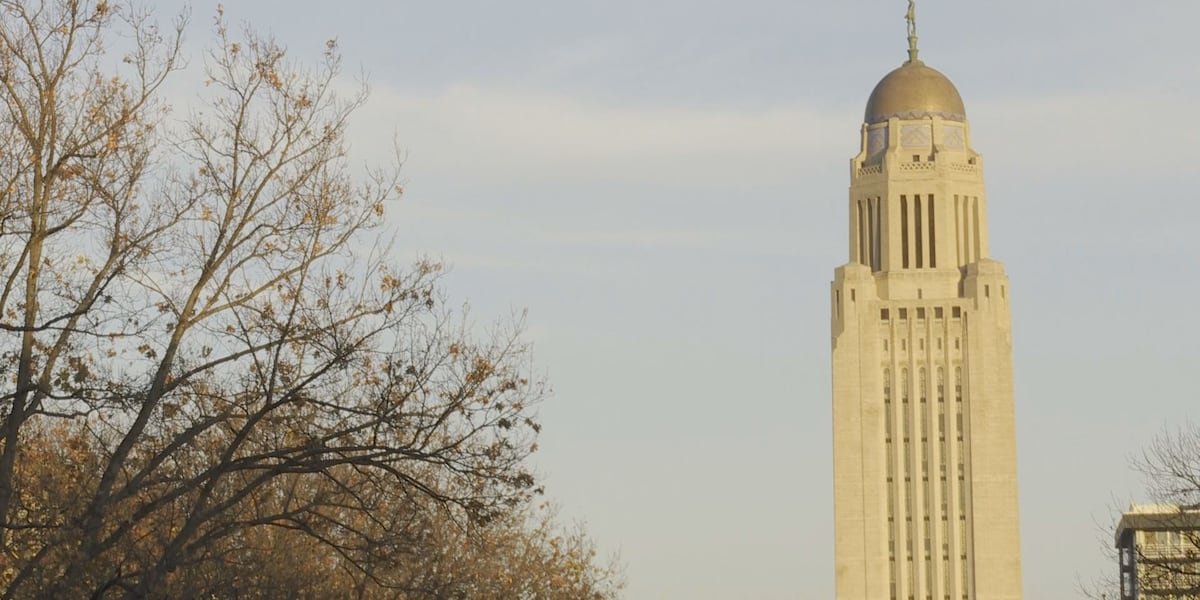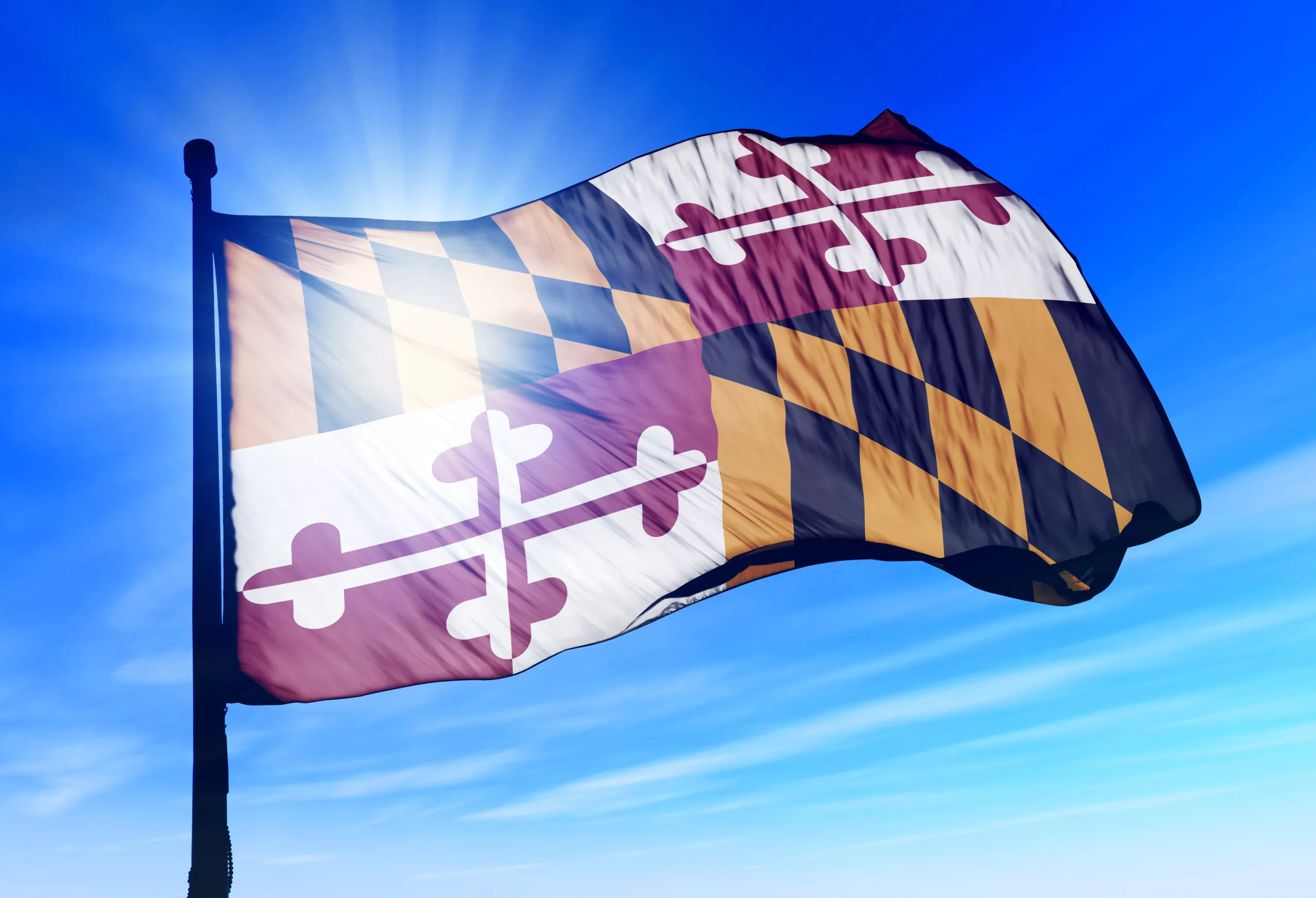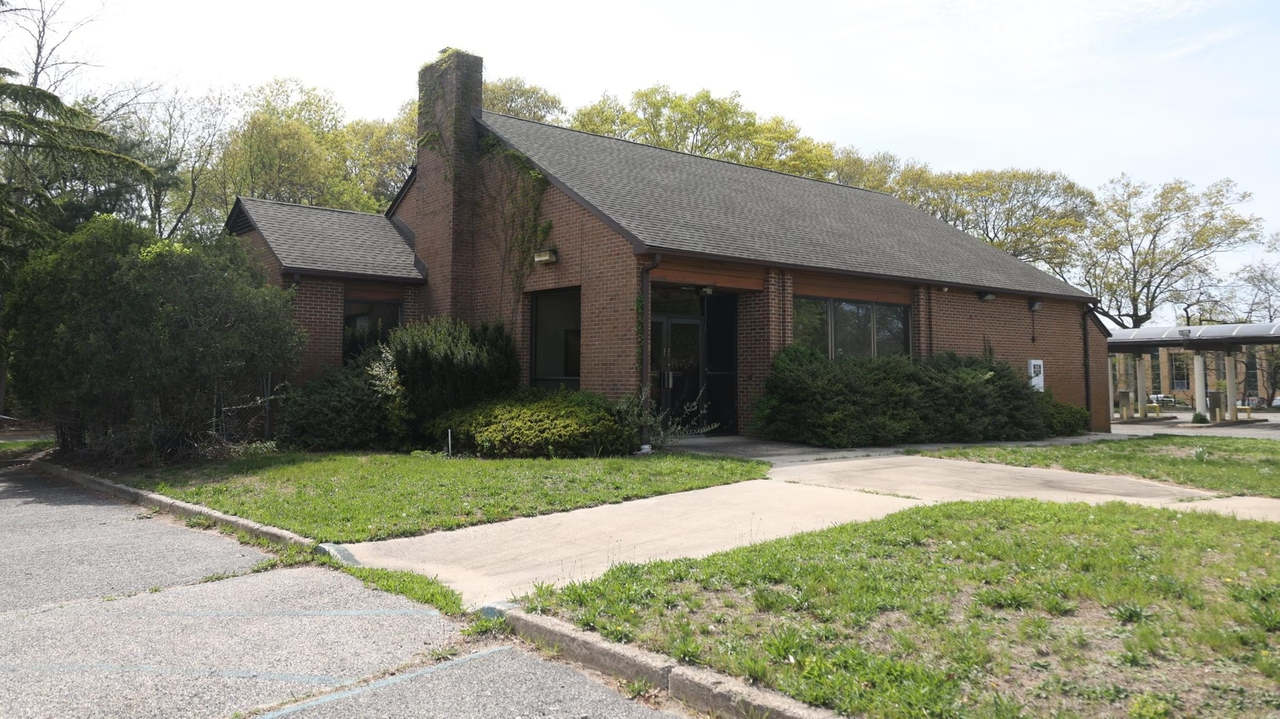Minnesota is gearing up for a full launch of its cannabis industry in about two months, but significant legal issues remain unresolved. Almost two years after the state legalized recreational cannabis, lawmakers are still working on regulations, leading to concerns among potential business owners about the future of the market.
A new bill has been introduced that would allow medical cannabis cultivators to sell their products in the recreational market without restrictions, provided that the medical market remains viable. This legislation also permits these cultivators to open retail stores. However, medical cannabis patients argue that without these changes, the medical market could collapse, leaving them without essential access to their medications.
Kim Kelsey, a long-time medical cannabis patient, expressed her worries about the potential impact on patients like her seizure-prone son, Alec. She stated that she is “deeply concerned that the current framework doesn’t ensure continued access for patients like Alec.”
The introduction of recreational cannabis in states with existing medical markets often leads to a decline in the medical market as recreational options become more popular. Minnesota’s two medical cannabis companies anticipate a similar outcome but are seeking support from Rep. Nolan West. He warned that if the medical cannabis market becomes unviable due to regulatory issues, patients may struggle to access their necessary medications.
To address potential supply shortages in the recreational market, Rep. West’s bill aims to allow medical cannabis companies to supply recreational products, as long as this does not jeopardize the medical market. Critics of the bill argue that it would unfairly advantage larger medical companies over smaller businesses, which have not yet had the opportunity to compete effectively.
Clemson Dabney, CEO of Doctor Dabs, challenged the narrative of a supply shortage, asserting that even conservative estimates suggest that micro cannabis license types could yield over four million pounds of cannabis. The two medical cannabis providers have already pursued licenses that would allow them to operate in both the medical and recreational markets, positioning themselves advantageously for the upcoming launch.
The situation remains fluid as Minnesota prepares for a significant shift in its cannabis landscape.




